
Which Animal Species are Abused in the Tourism Industry?
Animal abuse for entertainment is real.
Animals used in entertainment and tourism are usually sedated or psychologically ‘beaten’ down to the point of submission to perform unnatural acts against their instincts. Even domesticated working animals are pushed beyond their limits. All spend their entire lives living in cruel, species-inappropriate conditions.
Here are a few of the typical victims of the Ruthless Tourism, the sad conditions in which they have to live until their death, and how you can Travel Kind to help them.
meet the victims of ruthless tourism
Both domesticated and wild animals suffer.
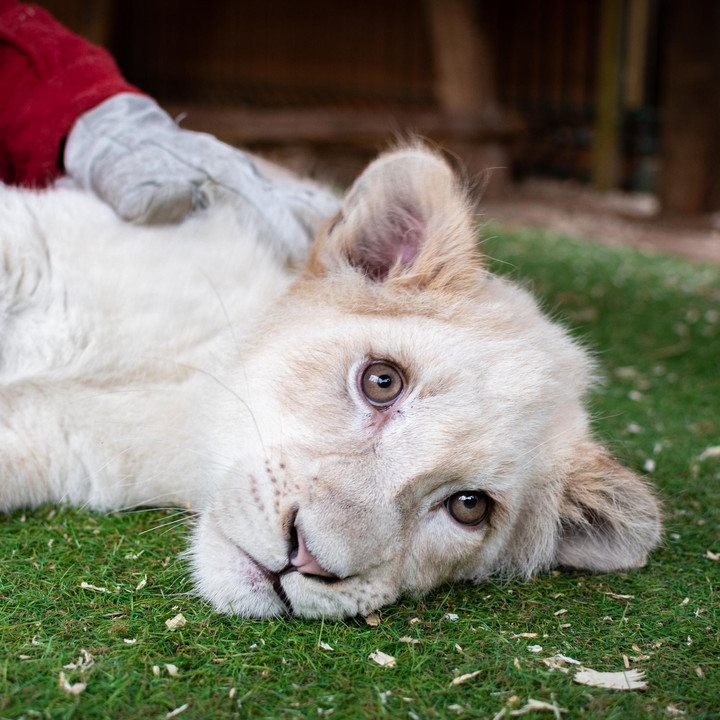
Killing big cats with cuddles
Cub petting feeds the lion trade: Once lions used in animal interactions, such as cub petting and lion walks, become too big and dangerous to interact with people, they end up in either the canned hunting industry or killed for their bones.
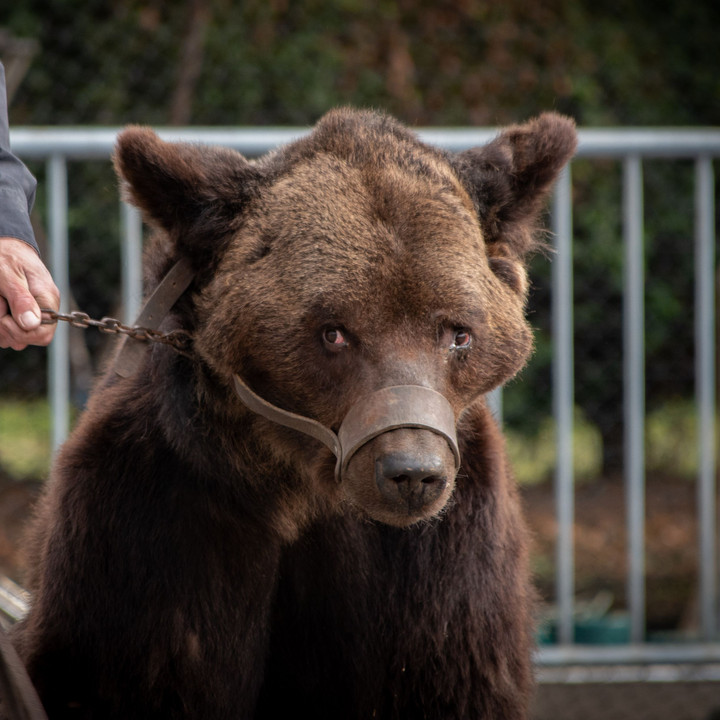
Bears abused in festivals and circuses
In France and many parts of Europe, a considerable number of bears are still caged as tourist attractions and some are even forced to take selfies or perform tricks in front of an audience, these acts are extremely cruel.

Brutal trainings for elephants
to ensure tourists can ride on, walk with, or do other money-making entertainment activities with them, like bathing them, swimming with them, feeding them and more.
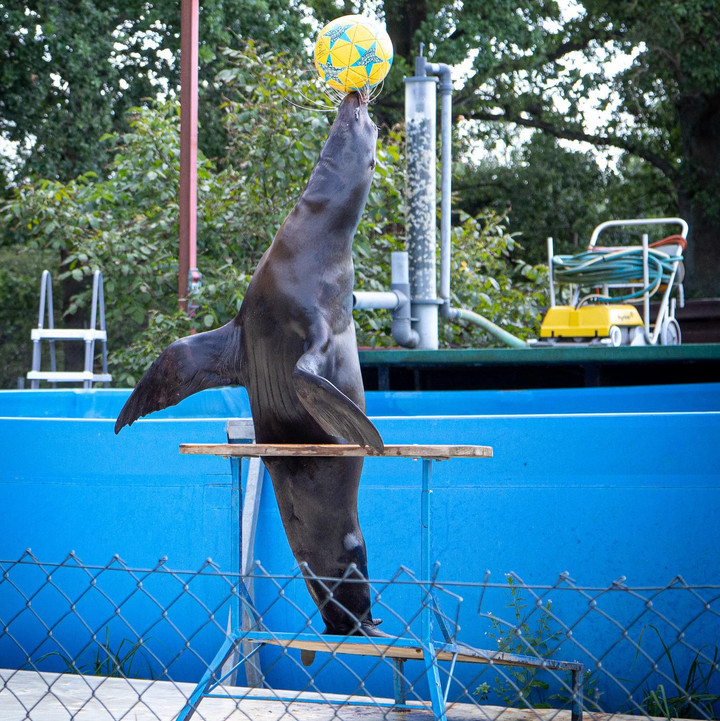
Marine mammals never to see the sea
Sea lions and dolphins are captive bred, not for conservation, but just for entertainment. Never to see or swim in the oceans they belong to, they undergo strenuous 'trainings' and sometimes injuring themselves, to perform unnatural acts for tourists.
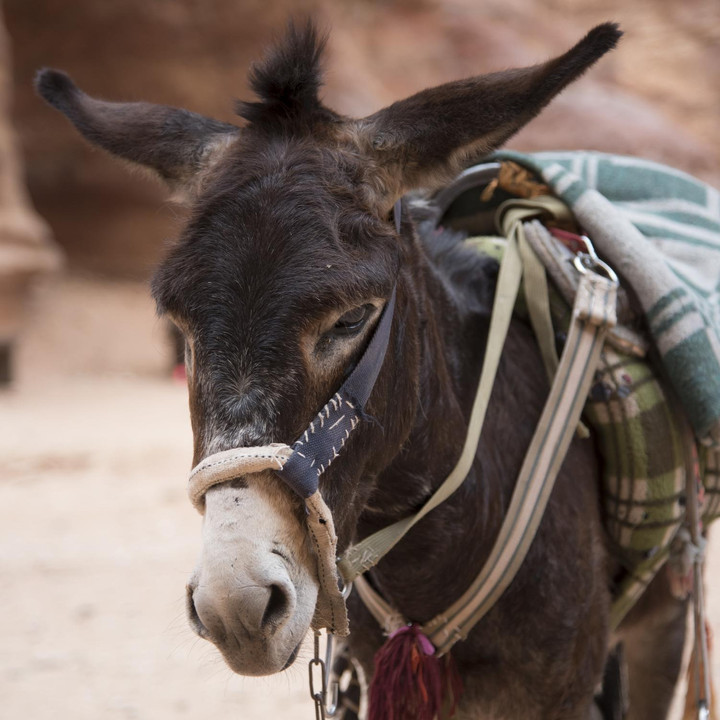
Overworked working animals
Donkeys, mules, horses, and camels are often exhausted and underfed. Many toil in harsh working conditions: high temperatures, heavy loads and passengers, with low or non-existent animal care. Most are worked into an early grave.
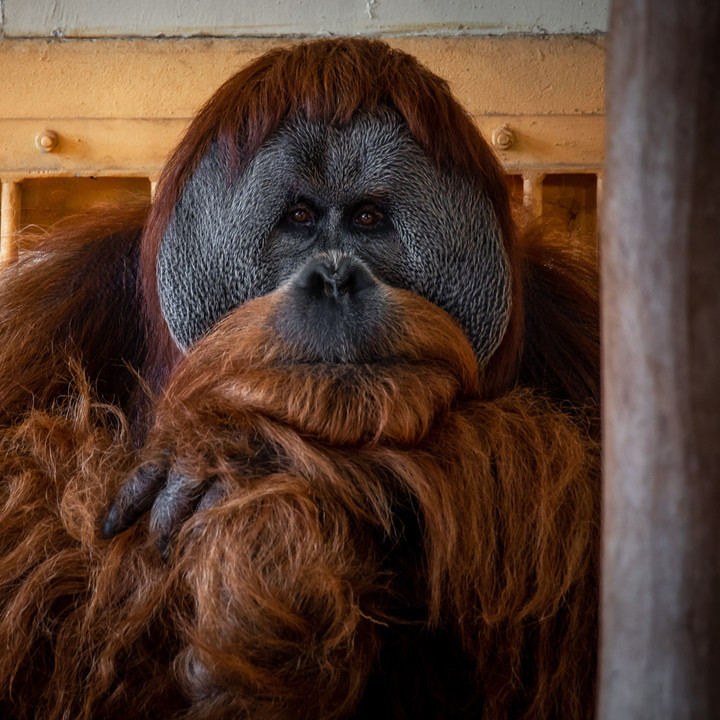
Traumatised primates alone for life
Kept in a cage for life as pets or in inadequate zoos, these animals are deprived of their natural social structure and habitats. Because of this, often animals are seen rocking back and forth or pacing.
What can you do to help animals during your holidays?
Being prepared is the most effective way to avoid contributing to animal cruelty on your vacation, getaway, or adventure. Here are some quick tips to keep in mind.
- Do not take selfies with animals.
- Do not feed, pet, or hold wild animals. Respect their space.
- Do not ride elephants or working animals who are treated badly.
- Do not visit animal shows
- Do not buy souvenirs or products made from animals
Note: Any advertisements that may appear during the viewing of this video are unrelated to FOUR PAWS. We assume no liability for this content.
- Do photograph wildlife and animals in nature.
- Do your own research. Highly-rated tourist destinations are not necessarily ethical.
- Do visit places where there is no breeding, touching, trading, or hunting of animals.
- Spread the word and share our Travel Kind brochure to friends and family.
- Join our fight to end the wildlife trade by signing our petitions.






